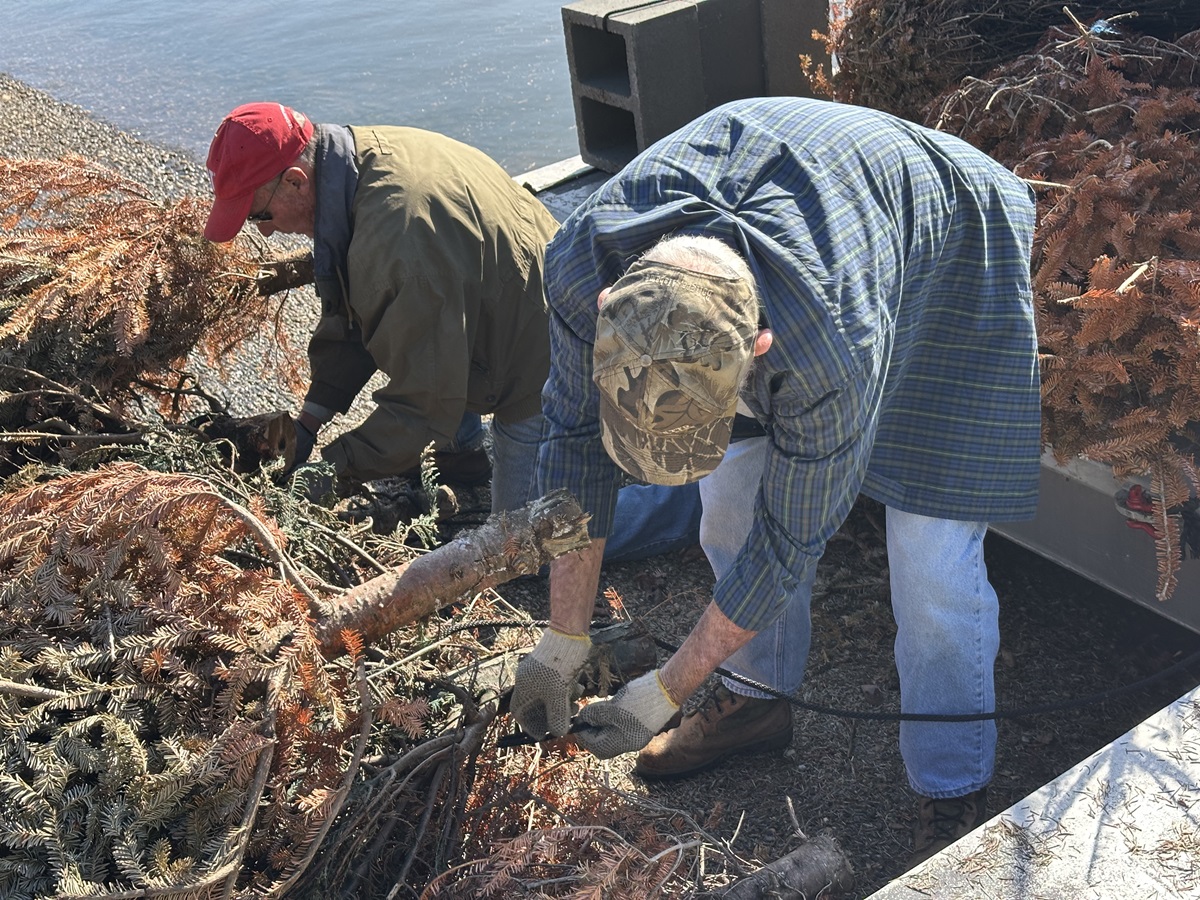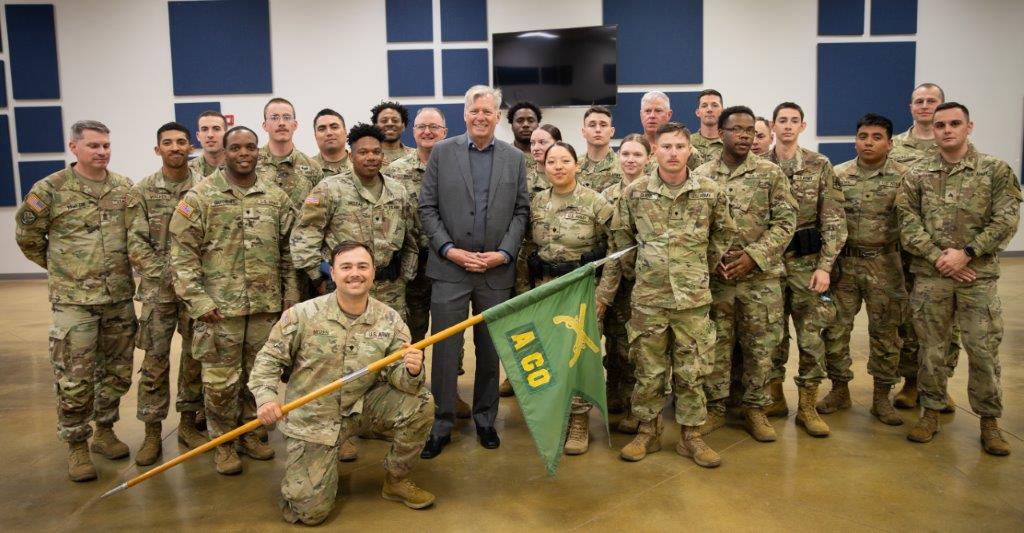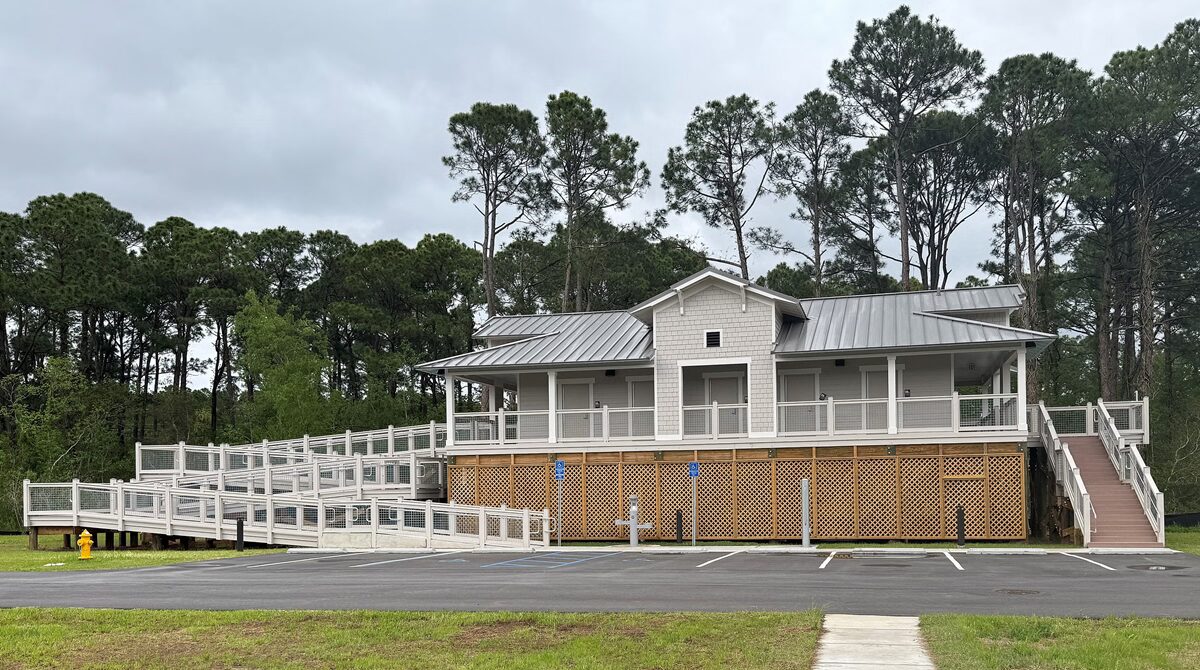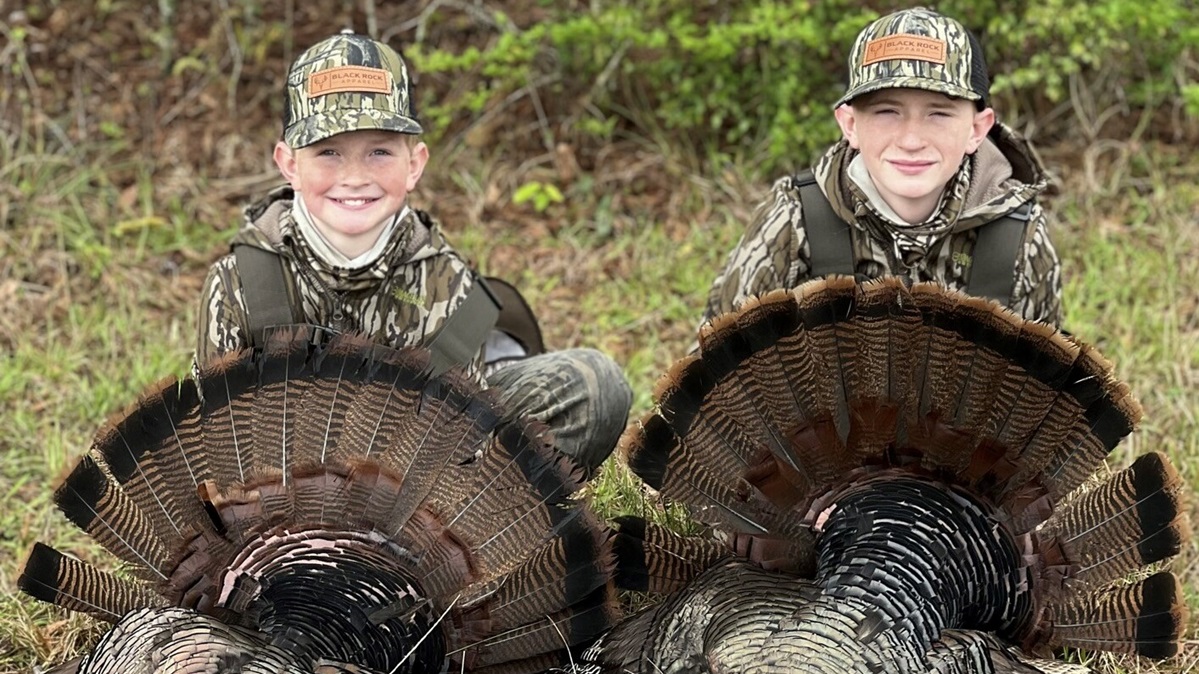UAB’s Saag: Alabama sees uptick in COVID-19 cases after Memorial Day as residents lag behind in vaccinations
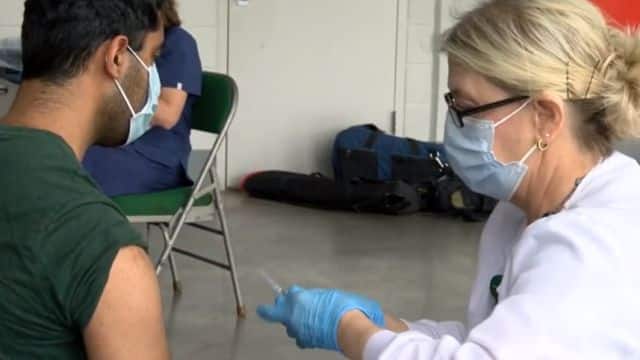
A UAB student receives his Pfizer COVID-19 vaccine. UAB Professor of Infectious Diseases Dr. Michael Saag said Alabamians must be vaccinated to assist the U.S. in returning to normalcy. The state lags behind with a 30% vaccination rate, trailing most other states in the U.S. (UAB)
There’s good news and bad news about COVID-19 in Alabama.

Dr. Michael Saag (UAB)
While cases have lowered over the past few weeks, about 70% of Alabama residents still are not fully vaccinated against the disease. And the state has seen an uptick in cases in the past four days, likely arising from the Memorial Day holiday.
In the past week, Alabama saw an increase to about 400 to 500 COVID cases a day, compared to about 150 cases a day before Memorial Day, said Dr. Michael Saag, professor with UAB’s Division of Infectious Diseases.
Saag views the state’s jump in COVID cases and its lagging vaccination rate with serious concern. In April, Alabama peaked at about 15,000 to 17,000 vaccinations daily but is now under 1,000 vaccinations a day statewide. Residents of the Yellowhammer state, along with Louisiana, Mississippi and Tennessee, are reluctant to take the vaccine. He said the increase in illnesses underscores the need for Alabamians to be vaccinated against COVID-19.
“Our take-home message to everyone is ‘get vaccinated,’” Saag said.
On May 4, President Joe Biden set a goal of administering at least one dose of a COVID vaccine to 70% of American adults by July 4.
Memorial Day was COVID-19 ‘stress test’
Before Memorial Day weekend, the Centers for Disease Control and Prevention released new guidance that said it’s no longer necessary for anyone who is fully vaccinated to wear a mask. The vaccine prevents infection up to 85%, according to recent studies. If those vaccinated were to be infected, a very small proportion of that 15% would develop symptoms and an even smaller proportion would need hospitalization, Saag said.
“At the end of the day, what that means for us who have been vaccinated is that we can begin to engage in normal activities,” Saag said. “And we saw that happening during Memorial Day. But there’s a catch. Somehow, the messaging from CDC, about only fully vaccinated people being safe without a mask, got lost in translation. And based on what I saw during Memorial Day weekend was most everyone was walking around without a mask, as if everyone was vaccinated.”
With the release of the COVID vaccines, Alabama’s infection rates were decreasing. This spring, Gov. Kay Ivey issued mask guidelines, with many people appropriately wearing a mask even as more people got vaccinated. In February and March, it was difficult to find the vaccine. Supply jumped dramatically between February and April, and there now are ample supplies for anyone who wants a dose of COVID vaccine.
Saag called Memorial Day a “COVID stress test.” Leading up to the holiday, Alabama was seeing its lowest infection numbers for COVID. If the state sees its COVID cases grow to 1,000 a day or more, Alabama failed its stress test.
“I’m sitting on pins and needles a little to see where that’s going to kind of plateau out,” he said. “It’s not going to be like the surges we saw in January, but it will be a bump, and the question is, how big will that bump be? We’ll see. By this time next week, we should have somewhat of an answer.”
Nothing has changed between now and last December for someone who has not been vaccinated. What could differ, Saag believes, is that the variant of the virus spreading through Alabama is now more infectious. If someone is not vaccinated and has contact with a person who is infected, Saag said, the chance of becoming infected today from that exposure is much higher than it was in December.
In places where the COVID vaccine is not available – India, some areas of sub-Saharan Africa and other locations – countries are experiencing dramatic increases in illness. The U.S. and Israel presently lead the world in vaccinations.
While Saag believes that families should decide together whether to vaccinate their children against COVID, he said there are several reasons children should get vaccinated. This past week, the CDC announced that it has seen increased hospitalizations among young people, especially teens.
“I can say for sure that transmission does occur between children,” Saag said. “A lot of our adult cases are coming from transmission in the home, where a child will pick it up from school or some other activity and bring it home. We know that the adults are more likely to get sick. That’s what I saw all throughout last year working in the COVID clinic where there were adults coming in whose child had a minimal or mild disease, but the parent got significant disease, some of whom required hospitalization, some of whom died.”
Saag urges Alabamians to get vaccine
Alabamians must be vaccinated to help the state and the U.S. to get ahead of the pandemic.
“We could be headed toward an uncomfortable summer,” Saag said. “People will be looking over their shoulder again and wondering if they’re putting themselves at risk if they are not vaccinated.”
He likens the COVID vaccine to a “modern-day miracle.”
“It really is a miracle in our lifetime,” Saag said. “We come from, a lot of us, religious tradition: We go to Sunday school, we study the Bible and we read about miracles happening in biblical times. The development of this vaccine and its implementation has rescued us from a horrid pandemic in the United States. All we have to do is look around the world and you’ll see cases still exploding in places where the vaccine is not available.”
